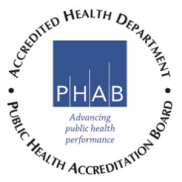What is the Arkansas Infant Hearing Program?
The Infant Hearing Program at the Arkansas Department of Health is dedicated to implementing a system to screen newborns for hearing loss by age one month, identify infants with hearing loss by three months and ensure that infants receive appropriate family-centered early intervention services by age six months.
Why are we screening infants for hearing loss?
It is amazing how quickly babies start to learn language and speech! From the day they are born, babies are learning language by listening to family talk. As they grow, babies begin to babble many of the sounds they hear spoken around them. These are the building blocks for communication. If a child has a hearing loss and no one finds this out, his or her foundation for proper development of speech and language skills is limited. This can create difficulties in family communication and problems in school, both academic and social. Finding hearing loss early and providing special services to the baby and his or her family helps to prevent these delays in development.
How are infants screened? What is ABR? What is OAE?
Screening your baby’s hearing takes only a few minutes. It is a painless process that can be done while your baby is sleeping. There are two methods used to perform hearing screenings. One is called “Otoacoustic Emissions” (OAE) and the other is “Automated Auditory Brainstem Response” (AABR). In both methods, a soft sound is presented to the ear by an earphone made especially for babies. The machine automatically measures the baby’s response to that sound.
Today’s hearing screening methods are very reliable. Rarely will a baby with a hearing loss be missed.
What happens when an infant does not pass a hearing screen?
Should an infant not pass the hearing screen, a follow-up hearing screen is recommended by one month of age. A referral to an audiologist for a more comprehensive hearing evaluation may also be recommended.
Are hearing screens affordable?
Yes. In fact, the cost of hearing screening may be covered by a family’s health insurance. Medicaid will pay for screening for eligible babies. Check with your insurance provider to see if your child qualifies.
What happens if an infant is diagnosed with hearing loss?
If your infant is diagnosed with hearing loss, he or she should receive appropriate early intervention services before six months of age. Intervention services can include assistive devices such as hearing aids, cochlear implants and more. Your physician and audiologist can help you determine the best device and strategy for dealing with your infant’s hearing loss.
How can I learn more about the Healthy Hearing program?
For more information, call 501 280-4740. You can also find more information on infant hearing screening and intervention services through a variety of resources on our Materials and Resources page.


